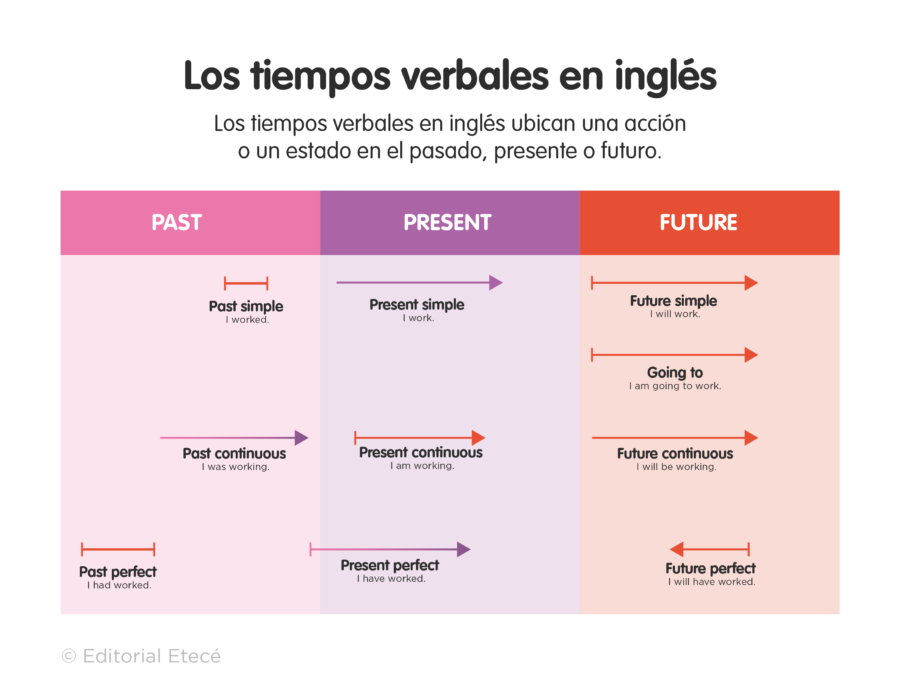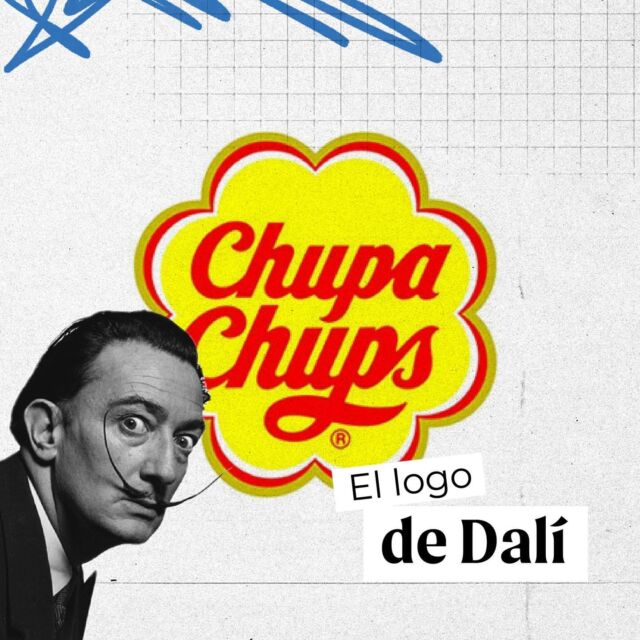Las palabras was y were son la conjugación del verbo to be en pasado, que en español equivale a “ser” o “estar”, dependiendo del contexto en el que se lo use.
La conjugación was corresponde a los pronombres I, he, she, it. Por ejemplo: She was at the party. / Ella estuvo en la fiesta.
La conjugación were corresponde a los pronombres you, we, they. Por ejemplo: We were in Mexico last month. / Estuvimos en México el mes pasado.
| Was | Were |
|---|---|
| I, he, she, it | you, we, they |
Atención: Was es el pasado de am / is. Were es el pasado de are.
- Ver además: Oraciones en «past simple»
Usos del was / were
Was / were son el pasado del verbo to be, que en español equivale a dos verbos: ser y estar. Solo el contexto es el que determina el significado de was / were.
Was o were como el verbo “ser”. Por ejemplo:
- I was very happy during my childhood. / Fui muy feliz durante mi infancia.
- We were so young back then! / ¡Éramos tan jóvenes en ese entonces!
Was o were como el verbo “estar”. Por ejemplo:
- He was sick the whole weekend. / Él estuvo enfermo todo el fin de semana.
- They were bored. / Estaban aburridos.
Para tener en cuenta: En inglés se usa el verbo to be para expresar edad. Por ejemplo: I was 22 years old back then. / Tenía 22 años en ese entonces.
Estructura de las oraciones con was y were
Forma afirmativa
| Sujeto | was/were | complemento |
|---|---|---|
| I He She It |
was | sick yesterday. |
| You We They |
were |
Forma negativa
| Sujeto | was/were | complemento |
|---|---|---|
| I He She It |
wasn’t | sick yesterday. |
| You We They |
weren’t |
Atención: Wasn’t es la contracción de was not. Weren’t es la contracción de were not.
Forma interrogativa
| Sujeto | was/were | complemento |
|---|---|---|
| Was | I He She It |
sick yesterday? |
| Were | You We They |
Atención: Como toda pregunta en inglés, se hace inversión entre el sujeto y el auxiliar. Por ejemplo: Was I right? (Y no: I was right?)
Forma de respuesta corta
| Respuesta afirmativa | Respuesta negativa |
|---|---|
| Yes, I / he / she / it was. | No, I / he / she / it wasn’t. |
| Yes, you / we / they were. | No, you / we / they weren’t. |

Ejemplos de was y were
- He was at home when I called.
Él estaba en casa cuando lo llamé. - They were at the club yesterday.
Estuvieron en el club ayer. - I wasn’t asleep when she arrived.
No estaba dormido cuando ella llegó. - Weren’t you 21 years old?
¿No tenías 21 años? - We were so tired that we decided to stay at home.
Estábamos tan cansados que decidimos quedarnos en casa. - I think that they weren’t so professional as they said.
Creo que no eran tan profesionales como decían. - The game was very funny.
El juego estuvo muy divertido. - The weather was amazing during our vacations.
El tiempo estuvo increíble durante nuestras vacaciones. - My parents were at the supermarket this afternoon.
Mis padres estuvieron en el supermercado esta tarde. - We weren’t married back then.
No estábamos casados en ese entonces. - My mother was a teacher and then she became school principal.
Mi mamá era maestra y luego se convirtió en directora de escuela. - We weren’t happy with our hotel.
No estuvimos contentos con nuestro hotel. - I was angry, that is why I shouted.
Estaba enojado, por eso grité. - Was Liam your boyfriend at school?
¿Liam era tu novio en la escuela? - Where was he?
¿Dónde estaba él? - She was at the office last week.
Ella estuvo en la oficina la semana pasada. - When was John at the museum?
¿Cuándo estuvo John en el museo? - Weren’t they happy after the news?
¿No estuvieron felices después de la noticia? - Why wasn’t Anne there?
¿Por qué Anne no estaba ahí? - The hotel was really comfortable.
El hotel estuvo realmente confortable. - She was already awake.
Ella ya estaba despierta. - We were wrong, I know.
Estábamos equivocados, lo sé. - My brothers were so happy in that city.
Mis hermanos eran tan felices en esa ciudad. - You weren’t my friend in 2010.
No eras mi amigo en 2010. - This time last year I was in London.
Hace un año exacto estaba en Londres.
Sigue con:





¿Te fue útil esta información?
Sí No¡Genial! gracias por visitarnos :)